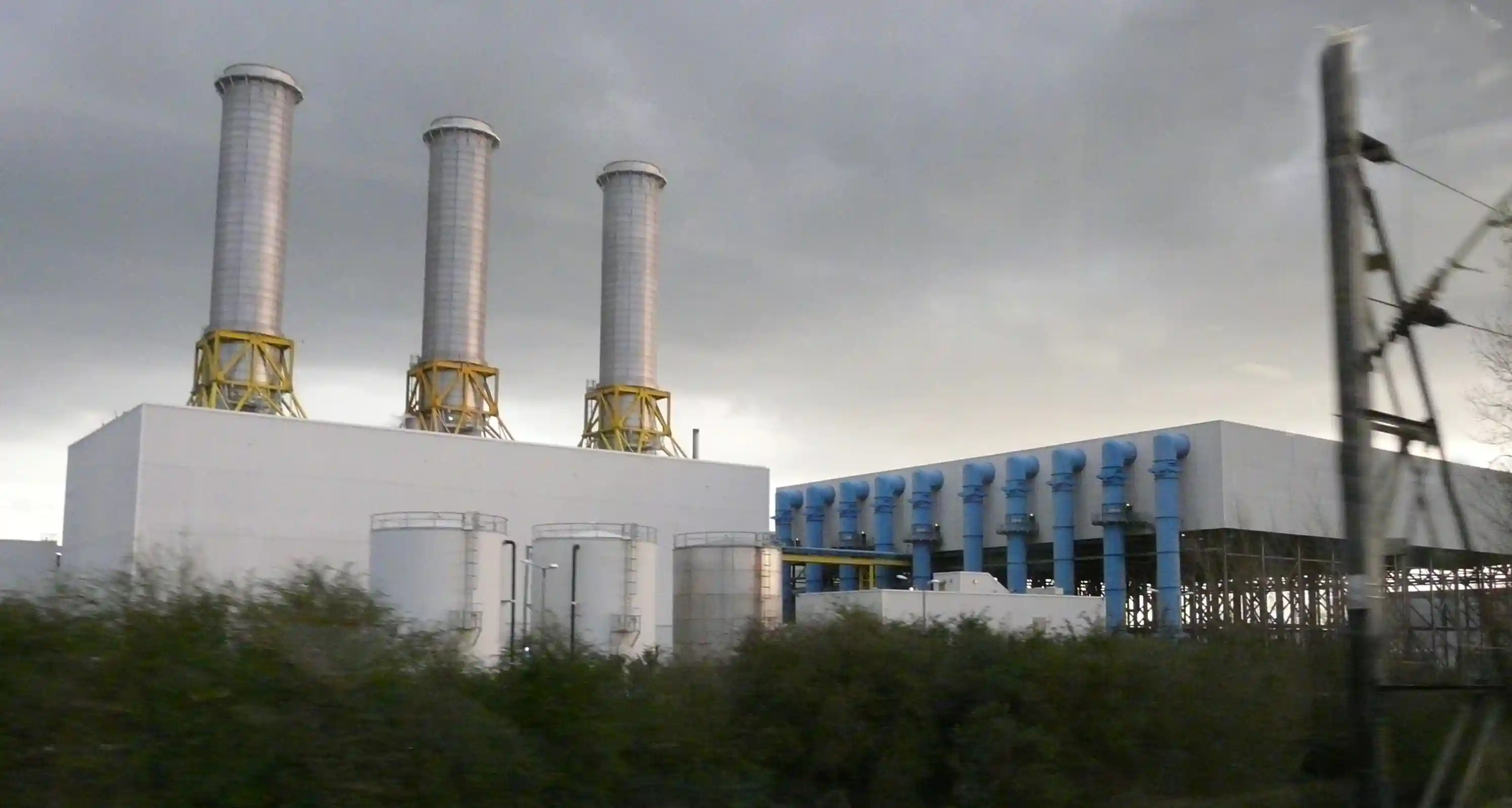UK Prime Minister States New NG Power Plants Will Not Impact Net Zero Strategy in Response to Criticism from Environmentalists
UK Prime Minister States New NG Power Plants Will Not Impact Net Zero Strategy in Response to Criticism from Environmentalists

Rye House power station in Hoddesdon, Hertfordshire
(Source: Wikipedia)
The recent announcement by the UK government to expand its natural gas power generation scheme aims to provide investors with increased certainty. While advocating strongly for the construction of new gas-fired power plants, it also exposes itself to potential criticism from environmental activists. British Prime Minister Rishi Sunak emphasized the importance of "not gambling with our energy security."
The government stressed that the move would not impact net zero targets. However, critics are likely to see it as a backwards step in the wider push to decarbonise Britain’s power network through renewable energy projects. Some big energy firms have deserted the gas industry in recent years to focus on renewables, which have a more certain future.
The energy secretary, Claire Coutinho, stated that laws ensuring newbuild plants are “net zero ready” will be broadened to encompass hydrogen, allowing gas plants to switch to a new fuel source.
Coutinho gave a speech at the think tank Chatham House in central London on Tuesday, outlining her gas strategy. “Without gas backing up renewables, we face the genuine prospect of blackouts. Other countries in recent years have been so threatened by supply constraints that they have been forced back to coal. There are no easy solutions in energy, only trade-offs. If countries are forced to choose between clean energy and keeping citizens safe and warm, they’ll choose to keep the lights on.” Coutinho stated.
Jess Ralston, an energy analyst at the Energy and Climate Intelligence Unit thinktank, said: “The secretary of state suggesting that if we cannot control energy prices then we are not secure as a country, while announcing new gas power stations, has a real irony about it.
Last year, gas accounted for 32% of Great Britain’s electricity generation, ahead of 29% from wind and 14% from nuclear. The last remaining coal-burning plant, at Ratcliffe-on-Soar in Nottinghamshire, is due to close in September.
